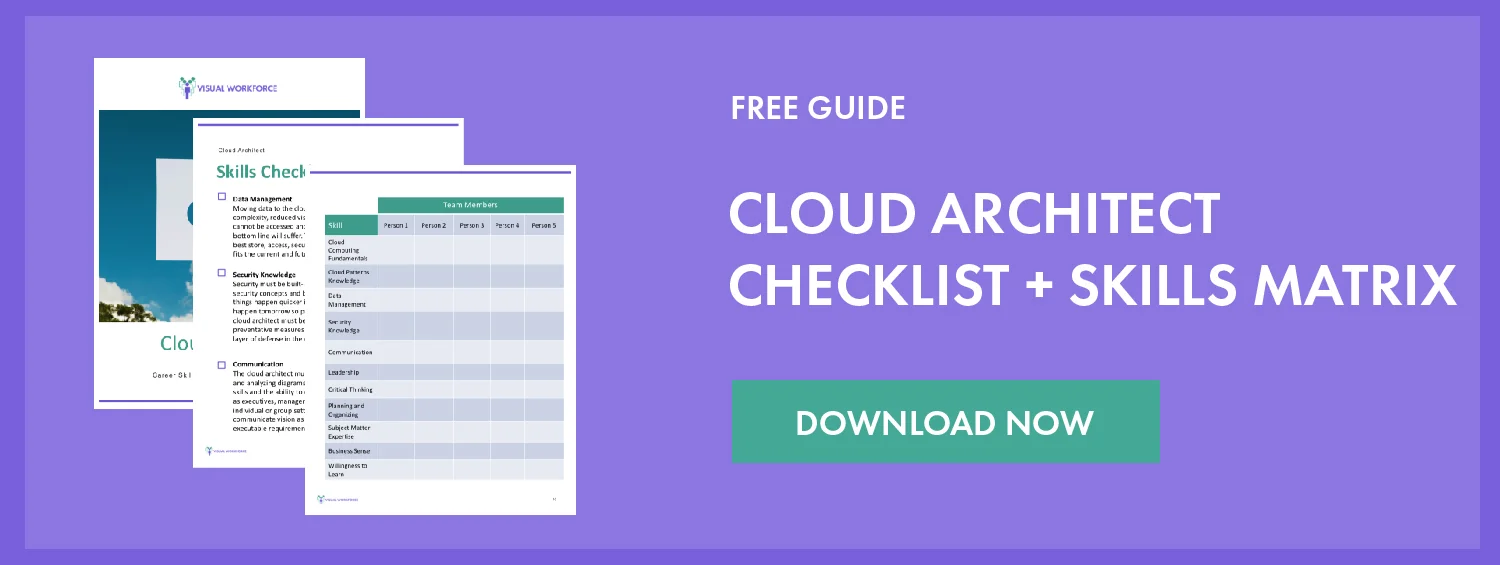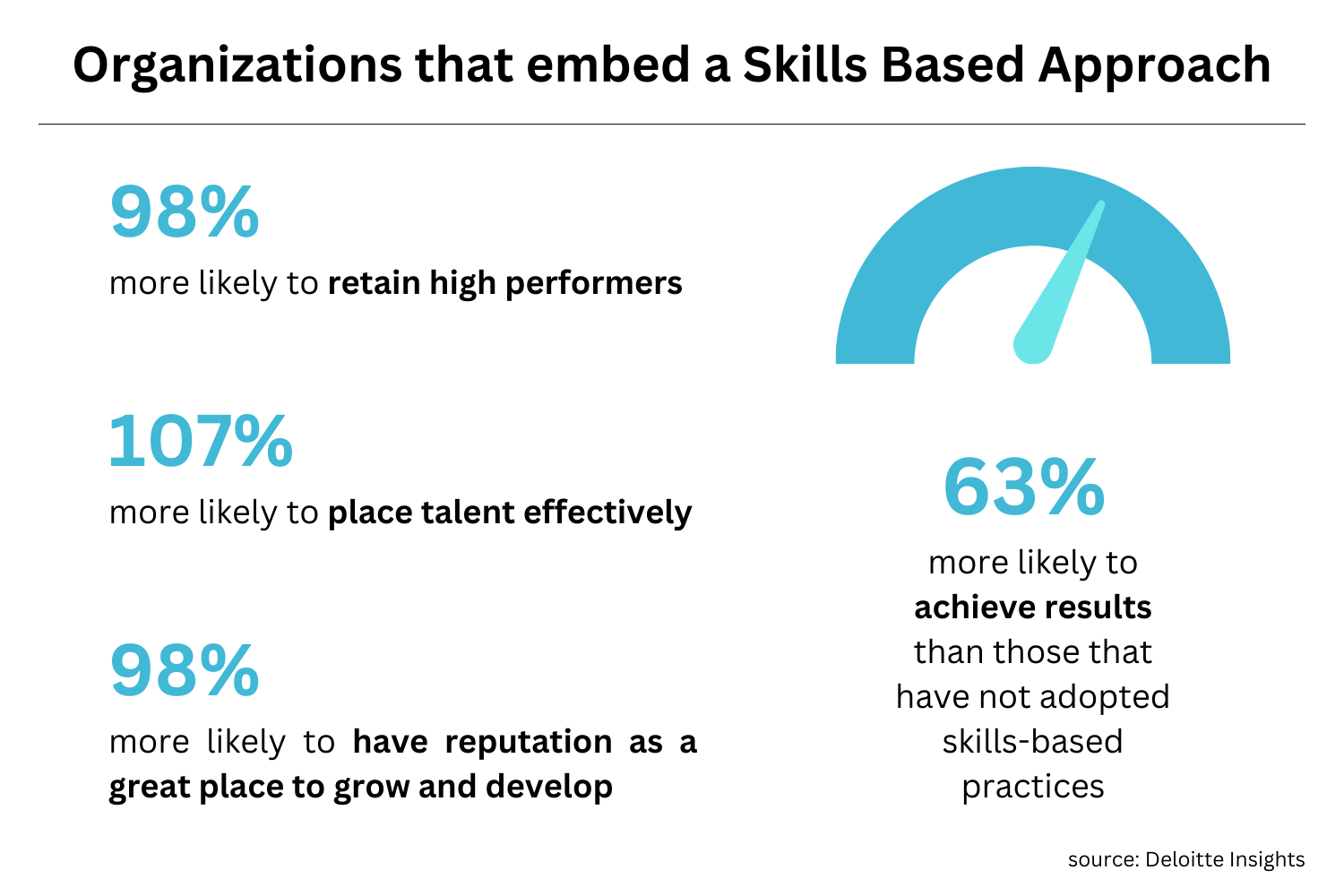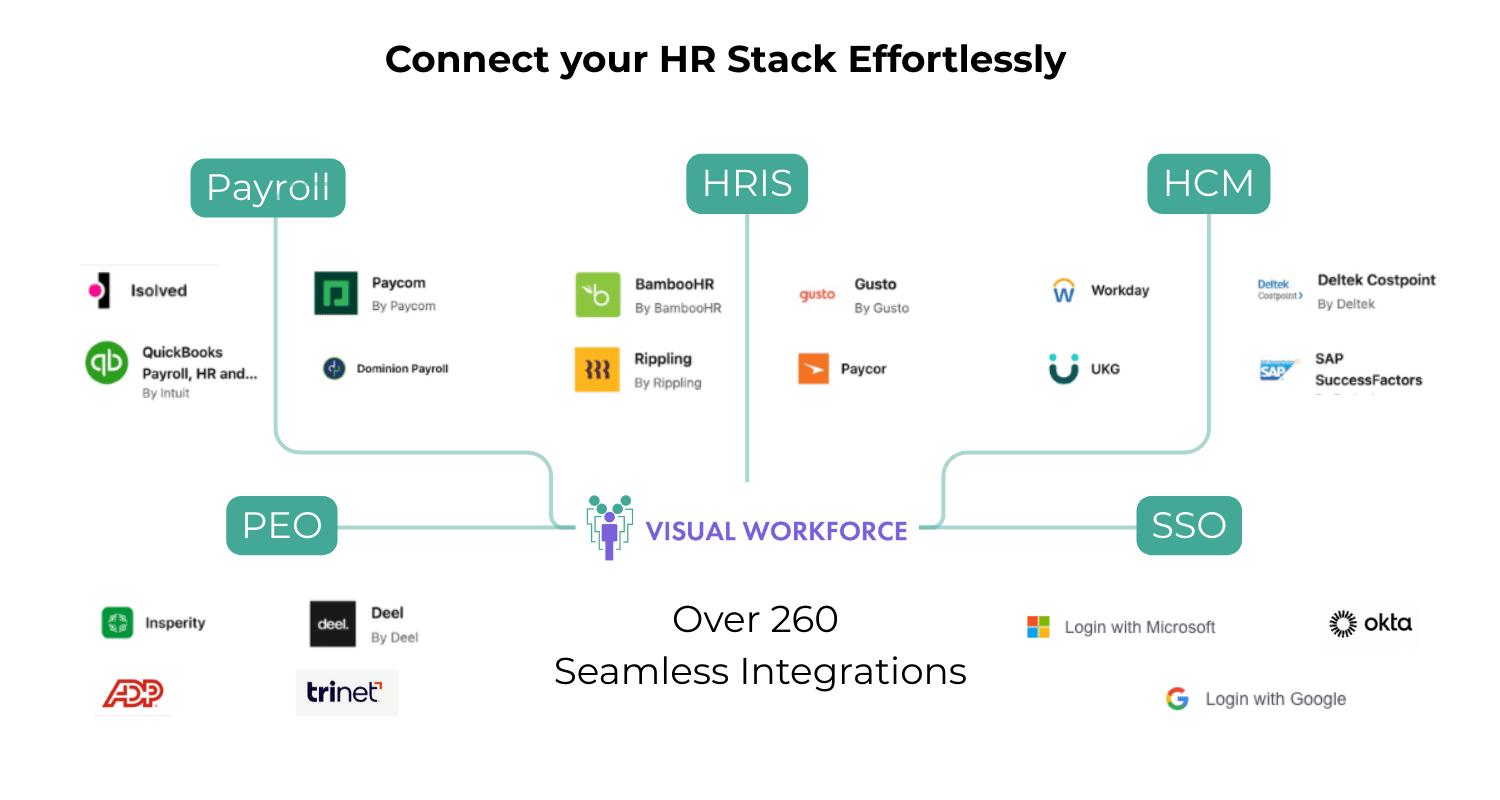IT Career Skills Series: Cloud Architect
In the digital age, required skill sets are constantly changing. You may be looking to upskill your current team or hire new talent to fill those skill gaps. Or maybe you’re looking to elevate your own skills and career. Whatever your goals, welcome to the IT Career Skills Series. In this 10 part series, we will breakdown the top skills for each role your need on your IT dream team.
Get a FREE downloadable Career Skills List and IT skills matrix to test your teams’ (or your own!) proficiency against these must-have skills.
What Does A Cloud Architect Do?
A cloud architect pulls together cloud resources to solve business requirements. The cloud architect not only envisions, strategizes and guides the cloud initiative and culture in an organization, but must also design, facilitate and lead cloud projects.
11 Essential Skills for Cloud Architects
Cloud Computing Fundamentals
The cloud architect has a deep understanding of cloud computing fundamentals that describe cloud service models and cloud deployment types. This includes:
Cloud offerings – the functionality offered by cloud providers/frameworks to handle application workloads, communications and data storage
Cloud application architectures – structure of the cloud application including the specific components for user interfaces, processing and data handling
Cloud application management – how deployed applications are managed
Cloud Patterns Knowledge
Cloud patterns provide sound solutions to recurring problems in cloud architecture. Cloud patterns are commonly used to build reliable, scalable, secure cloud applications. A knowledgeable cloud architect is not only familiar with the existing patterns available on the cloud platform but stays watchful for new emerging patterns that can be leveraged for new or existing cloud applications.
Data Management
Moving data to the cloud brings unique challenges in added complexity, reduced visibility and security concerns. If the data cannot be accessed and managed with ease the organization’s bottom line will suffer. The cloud architect must understand how to best store, access, secure, and manage data in a manner that best fits the current and future needs of the business.
Security Knowledge
Security must be built-in from the start so understanding of key security concepts and best practices is a must. Also the reality is things happen quicker in the cloud. The next security threat can happen tomorrow so preparations need to be made today. The cloud architect must be hyper-aware of security flaws and preventative measures and constantly plan and deploy the next layer of defense in the cloud architecture.
Communication
The cloud architect must have strong written (including creating and analyzing diagrams and models) and verbal communication skills and the ability to communicate with all levels of people such as executives, managers, technical experts, and customers in individual or group settings. Cloud architects must be able to communicate vision as well as breaking down that vision into executable requirements.
Leadership
It’s not just about leading a technology team, in many cases it’s about leading and shaping a mentality within an organization. The cloud architect must be able to lead a team to achieve cloud goals effectively and efficiently. The cloud architect is also entrusted to safe-guard and advance the organization's bottom line therefore must be capable of leading management down a path of cloud adoption in a convincing and productive manner.
Critical Thinking
Architecting the correct solutions means asking the right questions and listening carefully to the answers to understand stakeholder requirements then making good technology decisions based on that information. In some cases, the solution may not yet exist so the cloud architect must creatively and logically piece together technology to meet requirements.
Planning and Organizing
Cloud projects may take months or years to complete so not only does the cloud architect need to effectively manage the project, they also need to manage that project against the overall road map in an age where technology is constantly changing. The cloud architect must constantly evaluate new methods and technologies to identify if, when and how, adoption of new technology is applied to the current project and/or overall road map.
Subject Matter Expertise
While the cloud architect does very little, if any, coding these days it is helpful for them to understand the fundamentals of programming, networking and operating systems in order to more accurately and effectively lead the technology team, mentor team members and participate in problem-solving when issues arise.
Business Sense
Cloud architects must understand the business objectives, not just technology, in order to communicate how recommended solutions improve competitive advantage, productivity and profitability. Having an understanding of the business priorities allows the cloud architect to provide guidance and recommend technology to meet those priorities.
Willingness to Learn
New cloud technologies, best practices, management and even flaws are being introduced daily. Keeping up with the changes and in some cases, adapting to them or defending against them, must be a way of life for the cloud architect.
The cloud architect is a crucial role in every organization. This role requires a mix of technical knowledge in cloud computing, business sense of marketplace requirements and creativity to engineer an experience that is reliable, secure and maintainable for the organization yet positive and productive for the user.
Subscribe
Sign up to receive updates and announcements from Visual Workforce.









